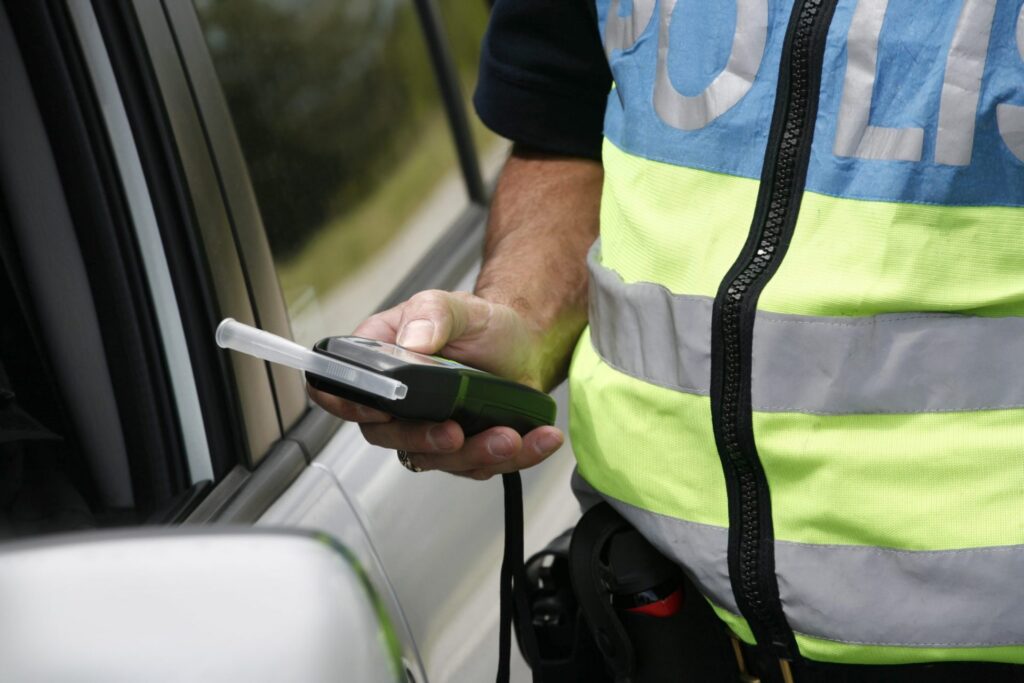A new ruling by the Maine Supreme Court highlights how important it is to know your rights during a traffic stop for operating under the influence (OUI) and to remember that field sobriety tests are both voluntary and woefully unscientific.
OUI Conviction Based on Field Sobriety Tests
On November 17, 2015, just before 10 pm, a police officer in Kittery watched a car leave a bar and speed – going 42 in a 25 miles per hour zone. The officer pulled the car over and smelled alcohol, so he asked if the driver had been drinking. The driver said he had been drinking, but stopped nearly 5 hours before. When the officer asked if he would step out of the car and perform some field sobriety tests, the driver agreed.
The driver was put through the horizontal gaze nystagmus test, the walk and turn test, and the one leg stand test, failing all of them. The driver also was given a breathalyzer test before being arrested for OUI.
As the case moved towards a trial, the driver challenged the breathalyzer results and managed to get them thrown out on a technicality: The officer did not wait fifteen minutes before administering the breath test, raising the possibility of the driver’s breath test result is scientifically unreliable. Getting a breath test thrown out is usually a big deal because prosecutors rely heavily on it as evidence of an OUI.
Nevertheless, when the case went to trial, the driver was convicted of drunk driving. Because it was not this driver’s first offense, the penalties were steep: 18 months in prison, with another 6.5 years suspended, 3 years of probation, $2,100 in fines, and a 10-year license suspension.
Field Sobriety Tests Are Voluntary in Maine
It’s important to note that, after the breathalyzer results were thrown out, the driver’s conviction occurred solely on the basis of the field sobriety tests. This means the evidence that led to the driver’s conviction was freely given to the police: In Maine, field sobriety tests are voluntary, so you can refuse to do them if a police officer requests one. Not many people know this, and it can be difficult to remember during a traffic stop because police are very adept at making them sound mandatory.
Field Sobriety Tests Produce Lots of False Positives
Perhaps worse, field sobriety tests are notoriously unreliable, with many people failing them even if they are completely sober. In fact, the most accurate test, the horizontal gaze nystagmus test, has been found to be correct only 77% of the time. This is largely because of the ability of police to set up tests so the taker will fail them, and the fact that some of the tests are physically demanding enough that even fit people who have been hurt in the past can find them challenging to do, even if they are sober.
Maine OUI-Defense Attorney William T. Bly
Refusing to perform a field sobriety test is not the same as refusing to take a chemical test like a breathalyzer or blood test – there are no automatic penalties for turning down a field sobriety test. Refusing a field sobriety test does, however, prevent police from making it seem like you are under the influence, even if you are completely sober.
If you’ve been charged for OUI in Maine, contact OUI-defense attorney The Maine Criminal Defense Group online or call his law office at (207) 571-8146.


